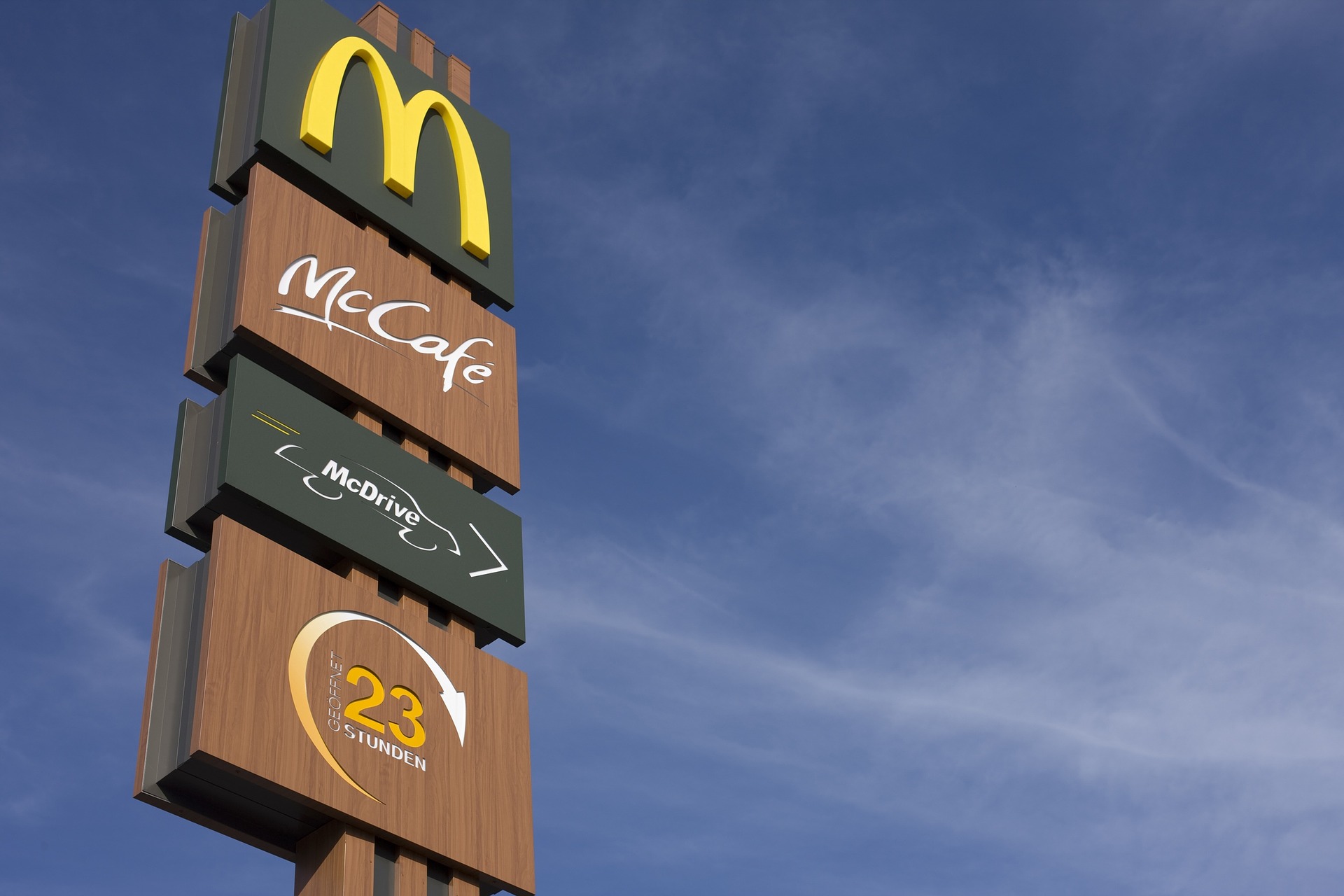McDonald’s workers stage first UK strike

Around 40 McDonald’s employees from stores in Cambridge and Crayford began a 24-hour walk out at midnight in a dispute over job security and working conditions.
Staff are campaigning for a wage of at least £10 an hour, more secure working hours and union recognition. They are also highlighting accusations of workplace bullying and harassment.
One 25-year-old employee from the Cambridge branch said that on his £7.60 per hour wage, he “can only afford to live because I get all my meals at McDonalds.” Another worker, aged 17, revealed that he is homeless and sleeping on an airbed in a friend’s flat despite working up to 32 hours per week, as his wage is just £4.75 an hour on a zero-hours contract.
With many of their 85,000 workers in the UK on zero-hours contracts, McDonald’s is one of the biggest users of the controversial contracts in the area. Workers on zero-hours contracts have reported unpredictable shift patterns as well as struggling with saving money and securing loans. The Trades Union Congress (TUC) suggest that staff on these contracts earn an average of one third less per hour than other workers.
However McDonald’s maintains that many of their workers prefer flexible hours, stating that 86% of staff offered fixed weekly hours since April have chosen to turn them down. The company also says that average hourly pay has increased by 15% since early 2016.
The strike has been backed by The Bakers, Food and Allied Workers Union as a part of the Fast Food Rights campaign, set up in 2014 to replicate action by fast food workers in the US. Labour leader Jeremy Corbyn has also offered “support and solidarity” to the striking staff.
Discussing union wage effects for IZA World of Labor, Alex Bryson suggests that “unions continue to affect wage rises and reduce wage inequality despite reductions in their bargaining power... Politicians on both sides of the Atlantic have recently called for the removal of bargaining rights from workers in the name of wage and employment flexibility, yet unions often work in tandem with employers for mutual gain based on productivity growth.” Bryson concludes that “as union influence on wages has fallen, wage inequality has grown in many countries, perhaps to the detriment of most workers and employers alike.”
Contact a designated topic spokesperson.